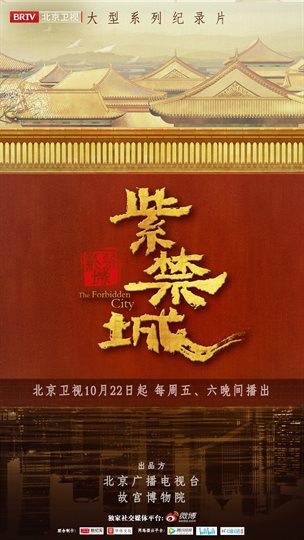50FPS版 / The Forbidden City
In February 1836, on the other side of the Atlantic Ocean, a fast sailing ship successfully completed its trial voyage. The ship was called the "Red Corsair". Its actual purpose was to smuggle opium, which was even more shameful than piracy. China, under the rule of the Qing government at that time, became the largest destination for this evil smuggling. The British promoted opium as a tonic for longevity, which led to the spread of opium and its invasion into the bodies of the people of the Qing Dynasty. From the late Jiaqing period to the entire Daoguang period, the invasion of opium put the entire Qing Dynasty on the verge of spiritual collapse and became a social issue of life and death.
Emperor Daoguang appointed Lin Zexu, a staunch anti-opium activist at the time, as the imperial commissioner to go to Guangdong to ban opium. A vigorous anti-opium campaign began. On June 3, 1839, Lin Zexu ordered the destruction of opium in public on the Humen Beach. This was the most glorious moment in Lin Zexu's life. He used a 23-day campaign to destroy opium to declare to the world that the Chinese would not succumb to opium.
However, both Emperor Daoguang and Lin Zexu underestimated the impact of the destruction of opium at Humen on British interests. In 1840, Britain used the destruction of opium at Humen as an excuse to send an expeditionary force to invade China and launch the Opium War. This unjust war of aggression was also the beginning of China's modern history of humiliation. The British's powerful ships and guns broke the old dream of the Qing Dynasty. For a time, the Qing Dynasty was suddenly invaded, colonized, and constantly ceded land and paid compensation. Even the emperor living in the Forbidden City was forced to flee. The owner here could not only not control the fate of the Forbidden City, but also the fate of the country. This was a collapse that had never happened in the Qing Dynasty for more than 200 years.
The Opium War was a turning point in Chinese history. China began to be involved in the world system in the form of war, invasion and plunder, and was involved in a major change that had not happened in 3,000 years. From then on, the nature of Chinese society changed and it began to become a semi-colonial and semi-feudal society.
In 1851, the first year after Emperor Daoguang's death, the London International Industrial Exhibition was unveiled, which was also the predecessor of the first World Expo. In this year when the British Industrial Revolution was taking effect, a peasant leader named Hong Xiuquan and the God Worshipping Society he led announced an uprising. The largest peasant uprising in Chinese history was about to sweep across the north and south. In this year, Emperor Xianfeng ascended the throne and became the seventh emperor of the Qing Dynasty after entering the pass. He took over from Emperor Daoguang a dynasty with peasant uprisings at home and imperialist aggression abroad. The Qing Dynasty was in an unprecedented chaos.
In 1861, Emperor Xianfeng, who had just celebrated his 30th birthday, closed his eyes in the Chengde Mountain Resort. The emperor died, but the Forbidden City remained. The Forbidden City was still the Forbidden City, but it was about to witness new things that had never appeared in the Chinese dynasty since Qin Shihuang, including new crises, new challenges and new sufferings.










































